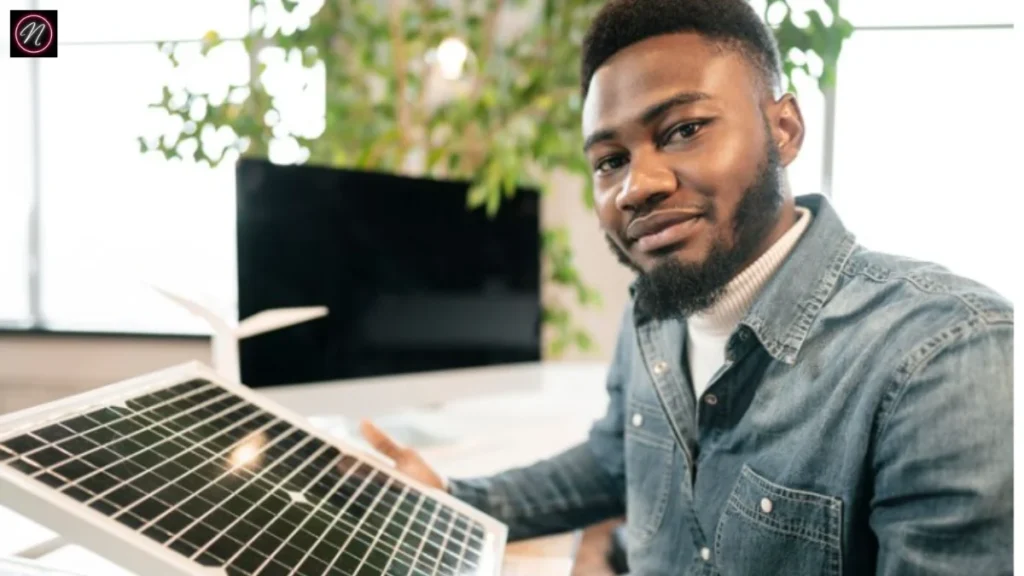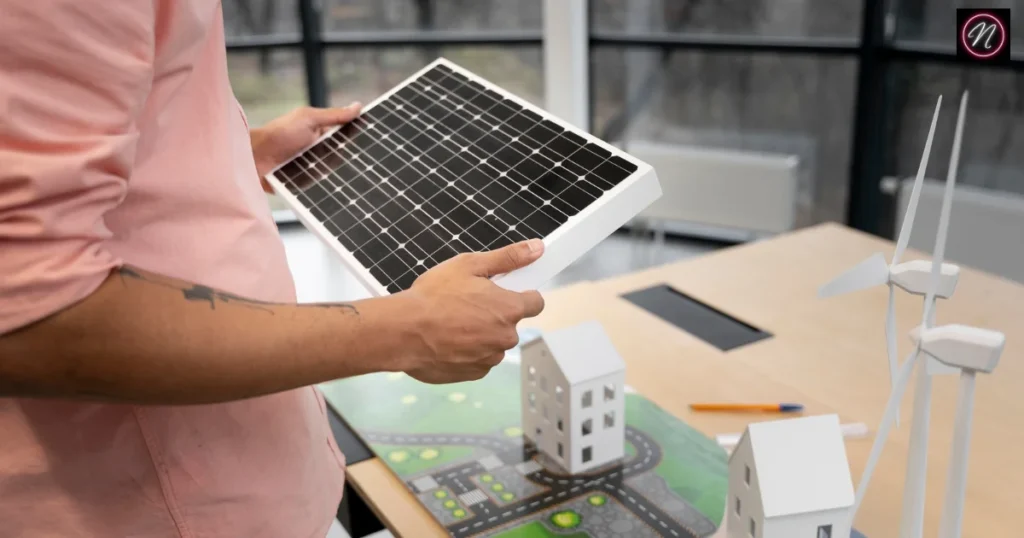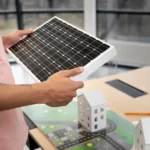
Switching to solar energy is an exciting step toward sustainability and saving money on energy bills. But when it comes to choose a solar installer to finance, the process can feel overwhelming. With so many options and considerations, how do you make the right choice? Don’t worry; we’ve got you covered. This guide will walk you through everything you need to know to confidently choose the right solar installer and financing options.
Why Choosing the Right Installer Matters
Solar panels are a long-term investment, just like buying a home or a car. The right installer can ensure that your system is installed correctly, works efficiently and lasts for decades. On the other hand, the wrong choice can lead to headaches, costly repairs or poorly performing panels. Think of it as choosing the right captain for your ship – someone experienced and reliable will take you safely to your destination.
Understanding Solar Financing Options

Before we dive into selecting an installer, let’s talk about money. Solar financing options generally fall into three categories: solar loans, leases, and power purchase agreements (PPAs). Each has its advantages and disadvantages:
- Solar Loans: You own the system and enjoy all the tax benefits but pay in installments.
- Leases: Lower upfront costs, but you don’t own the system.
- PPAs: Pay only for the energy produced, but ownership remains with the installer.
Choosing the best financing option depends on your financial goals and energy.
Researching Local Solar Installers

Start by making a list of local installers. Why local? They understand your area’s climate, state incentives and permitting requirements better than national companies. You can find installers through online searches, word-of-mouth recommendations or industry directories.
Checking Certifications and Experience
Would you hire an unlicensed electrician to wire your home? The same logic applies to solar installers. Look for certifications such as NABCEP (North American Board of Certified Energy Practitioners), which indicate a high level of expertise. Also, ask about their years of experience and completed installations.
Reading Customer Reviews and Testimonials
Customer reviews are like report cards for businesses. Platforms like Google, Yelp and the Better Business Bureau provide information about past customers’ experiences. Look for consistent themes: Did customers praise the company’s professionalism? Were there any recurring complaints?
Requesting a Detailed Quote
A good installer provides a comprehensive quote that includes:
- System design and size
- Equipment costs
- Labor and installation fees
- Permitting and inspection fees
- Expected energy savings
Avoid installers who are vague or reluctant to quote costs.
Comparing Financing Options Offered
Some installers offer their own financing programs, while others work with third-party lenders. Compare interest rates, loan terms, and any additional fees. Transparency is key – make sure you understand all the fine print.
Evaluating Equipment Quality and Warranties
Not all solar panels and inverters are the same. Higher quality equipment may cost more upfront, but they offer better efficiency and durability. Ask about the warranty, which should ideally be at least 20-25 years for panels and 10-15 years for inverters.
Assessing Customer Service and Support
How responsive is the installer to your questions? Are they patient and informative? Customer service is important because solar systems are complex, and you may need ongoing support.
Asking About Maintenance and Repairs
Solar panels require minimal maintenance but may occasionally need cleaning or repairs. Find out if the installer offers these services and at what cost. Knowing their process for dealing with problems can save you stress in the future.
Understanding Permitting and Installation Timelines
Permits and inspections are crucial steps in solar installation. A reliable installer should handle these for you and provide a clear timeline for each phase of the project.
Calculating Long-term Savings
Solar energy means saving money in the long run. Ask the installer for an estimate of potential savings over 10, 20 or 30 years. This should include system performance, energy rates and incentives.
Avoiding Common Pitfalls
Be wary of red flags like aggressive sales tactics, vague contracts or unreasonably low quotes. If something sounds too good to be true, it probably is.
Making Your Final Decision
Once you’ve compared quotes, checked reviews and evaluated financing options, trust your gut. Choose the installer that offers the best balance of quality, affordability and reliability.
Tips for Post-Installation Success
- Monitor your system’s performance regularly.
- Be aware of local solar incentives.
- Schedule periodic maintenance to keep your panels in top condition.
Conclusion
Choosing a solar installer to finance doesn’t have to be difficult. By doing your research, asking the right questions, and carefully comparing your options, you can find an installer that fits your needs and budget. Remember, this is an investment in your home and the planet – so take your time and choose wisely.






